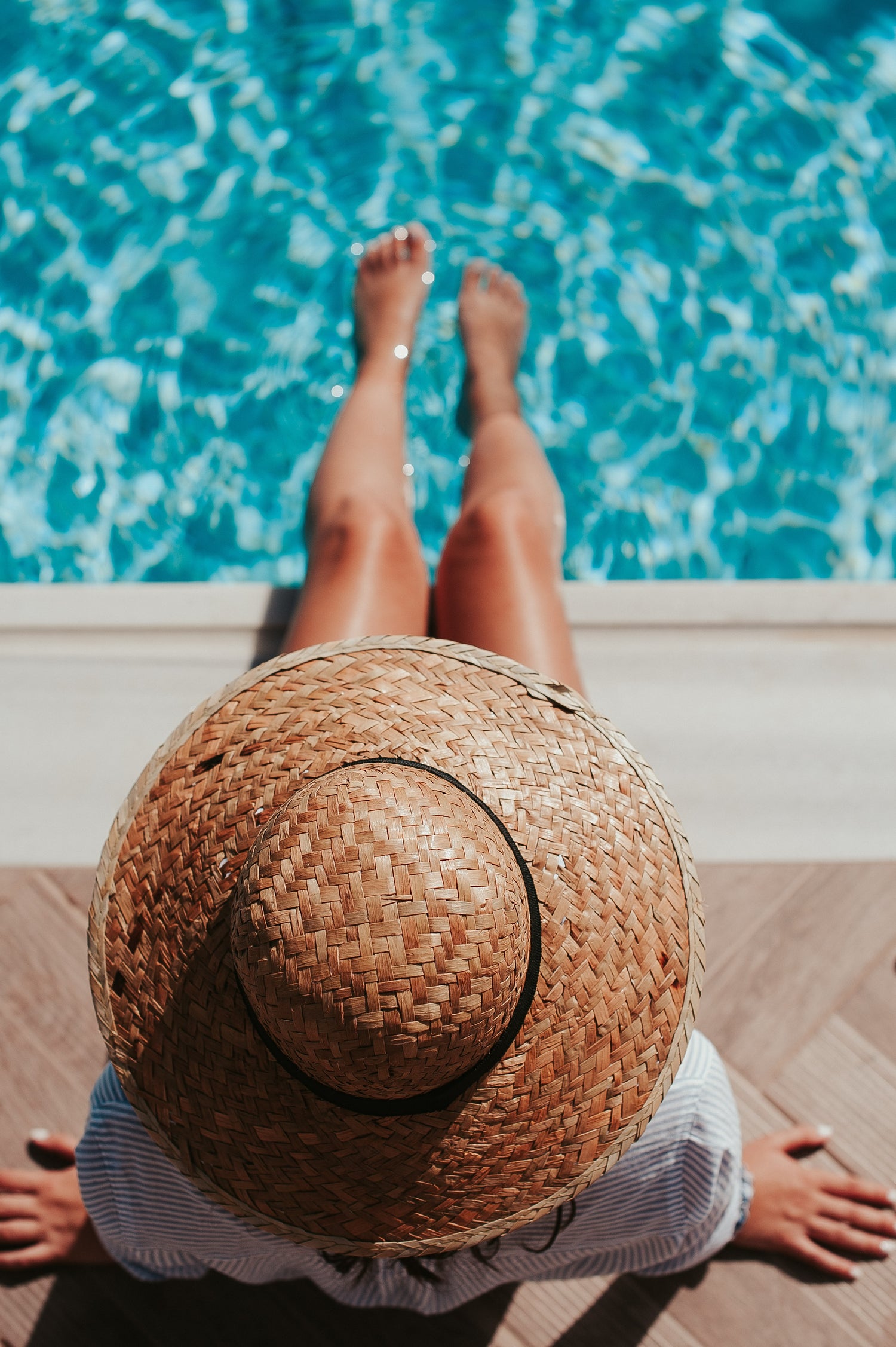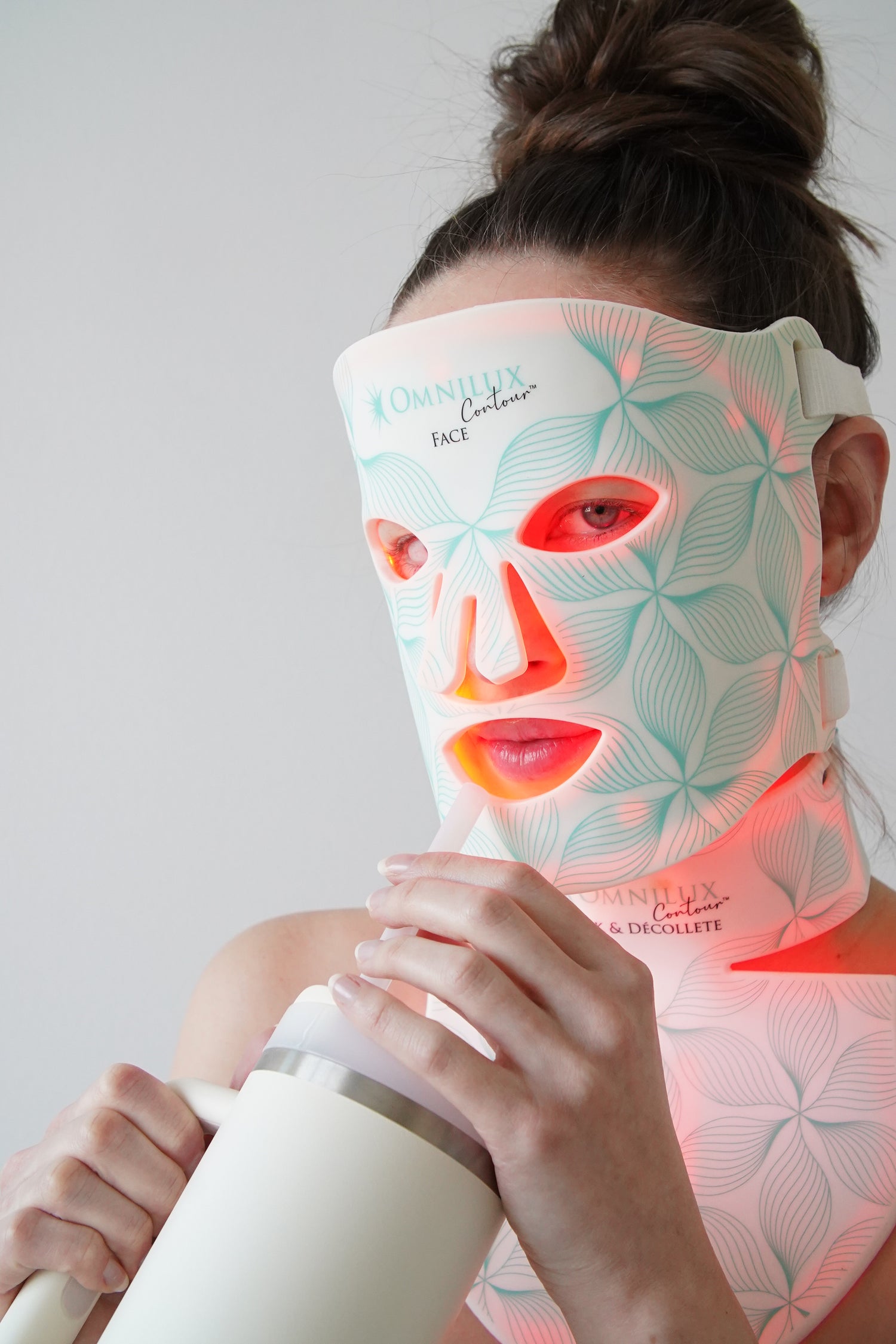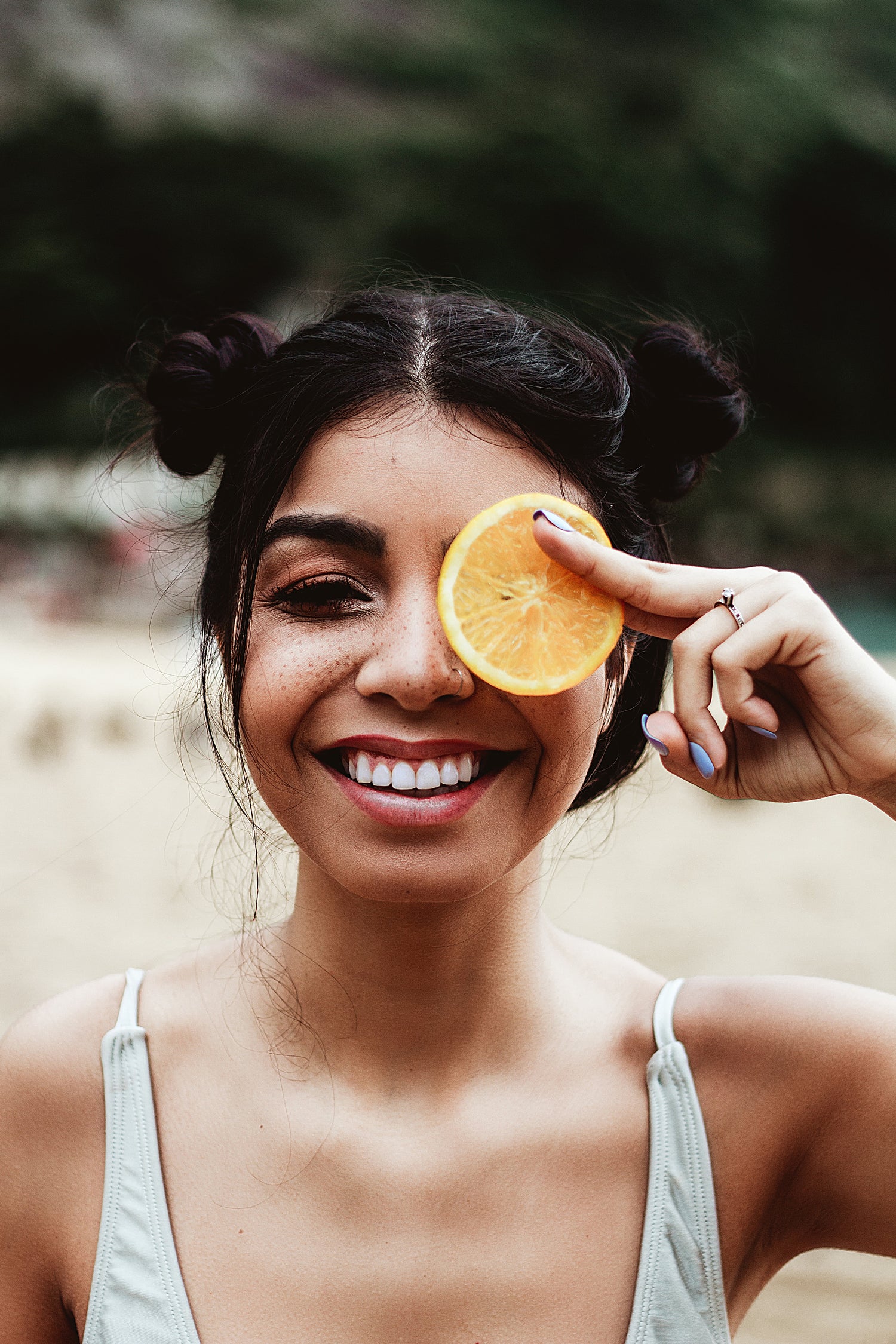Retinol is everywhere in the skincare world, and for a good reason. This over-the-counter vitamin-A derivative can help promote collagen production, eliminate acne, and reduce visible signs of aging.
However, there can be too much of a good thing. That's why it’s essential to be mindful of when you’re applying this skin cell-stimulating elixir. Only use retinol at night, and only if you’re committed to wearing SPF 30+ daily.
While retinol isn’t as potent as its prescription counterpart, tretinoin, it still has the ability to rapidly stimulate stem-cell turnover, which causes your skin to become extremely sensitive to the sun. This means that if you skip your SPF, irritation and photosensitivity are likely. Retinol should never be applied in the morning or prior to sun exposure, as you’ll only be exacerbating the chance of UV damage.
Many people aren’t aware that retinol can break down quickly and lose its effectiveness when exposed to sunlight or air, which is another reason why it’s recommended to use only at night. Daytime usage can damage your skin and may simultaneously negate the coveted benefits of the product.
Is retinol safe in the summer?
As long as you’re diligent about applying SPF in the morning and before sun exposure, you should have no issue continuing to use retinol in the summertime.
Of course, if you’re going on a week-long outdoor excursion where you’ll be soaking up the sun day in and day out, I recommend taking a break from retinol during this time. Stop using your retinol products at least one week prior to increased sun exposure and discontinue use until you’re back from vacay. As always, wear a sunscreen of SPF 30+, and reapply every two hours to protect your skin. When you return, wait a few days before adding retinol back into your routine.
Retinol is most effective with consistent use, so if you’ve been using it and are seeing results, there’s no reason to stop just because it’s summer. Make sure you’re only applying your retinol in the evening, and hydrate with a moisturizer formulated for your skin type afterward.
You should discontinue retinol before professional skin treatments, like facials and microneedling, and before injectable appointments. If you’re unsure whether or not to stop using a particular product, always check with your provider before receiving any service or procedure.
What is the best retinol for beginners?
One of our favorite beginner retinols is Alastin Renewal Retinol, available in 0.25 and 0.50 concentrations. If you’ve never used retinol before, or if you have sensitive skin in general, start with the lowest concentration and work your way up.
Renewal Retinol contains calming ingredients like oat extract and bisabolol to soothe skin while retinol works. Silver mushroom, a potent hydrator, preserves skin’s moisture balance, while coenzyme Q-10 helps retinol revitalize.
What is the best advanced retinol?
If you’ve used retinol before, we recommend Revision Retinol Complete, which comes in 0.5 and 1.0 concentrations. Retinol Complete is packed with potent antioxidants and botanicals to nourish while retinol restores.
Can I use retinol with sensitive skin?
If you have sensitive skin and are new to retinol, begin use when you’ll have a week or so of downtime, and start with a low concentration so your skin can get used to the ingredient. You can increase your dosage when finished with your first product.
You may also want to conduct a patch test in an inconspicuous area before using your retinol product on your entire face.
If you’re a sensitive skin girly who’s already tried retinol and it didn’t work out, consider a retinol alternative, such as bakuchiol. Bakuchiol is a plant-derived ingredient that increases skin’s firmness, reduces lines and wrinkles, and hydrates.
One of our favorite products containing bakuchiol is RetrinAL Lipid-Replenishing Balm, a moisturizer that boosts your skin’s barrier function and improves moisture retention.
How long does it take to see results with retinol?
It may take up to six months to see the full effects of over-the-counter retinol, so staying committed to safe use of the product during the summertime will help you keep your skin on track.
Retinol is worth the hype and can transform your skin with its many benefits, but it’s imperative to use it wisely and prioritize sun protection to achieve ideal results.
Do you have more questions about retinol? Visit Squeeze Skin for exclusive skincare tips and products.
Resources
Azoulay, Bonnie. “Truth: You Don't Need to Avoid Retinoids during the Summer.” Byrdie, Byrdie, 9 Sept. 2021, https://www.byrdie.com/using-retinoid-during-summer-5188119.
Jaliman, Debra. “Retinol: When to Use It, and When to Avoid It.” WebMD, WebMD, 31 Aug. 2011, https://blogs.webmd.com/healthy-skin/20110831/retinol-when-to-use-it-and-when-to-avoid-it.
Knott, Anja, et al. “Topical Treatment with Coenzyme Q10-Containing Formulas Improves Skin’s Q10 Level and Provides Antioxidative Effects.” International Union of Biochemistry and Molecular Biology , vol. 41, no. 6, 2015, pp. 383–390, https://doi.org/10.1002/biof.1239.
Renée Rouleau. “Should I Stop Using Retinol or Prescription Retinoids in the Summer?” Expert Skin Advice from Renee Rouleau, https://blog.reneerouleau.com/can-you-use-retinol-in-the-summer/.
“Silver Mushroom Benefits for Skin Care.” ALASTIN Skincare, 13 Jan. 2021, alastin.com/blogs/intheglow/silver-mushroom-benefits-for-skin-care.
Zasada, Malwina, and Elżbieta Budzisz. “Retinoids: Active Molecules Influencing Skin Structure Formation in Cosmetic and Dermatological Treatments.” Advances in Dermatology and Allergology, vol. 36, no. 4, 2019, pp. 392–397, https://doi.org/10.5114/ada.2019.87443.






